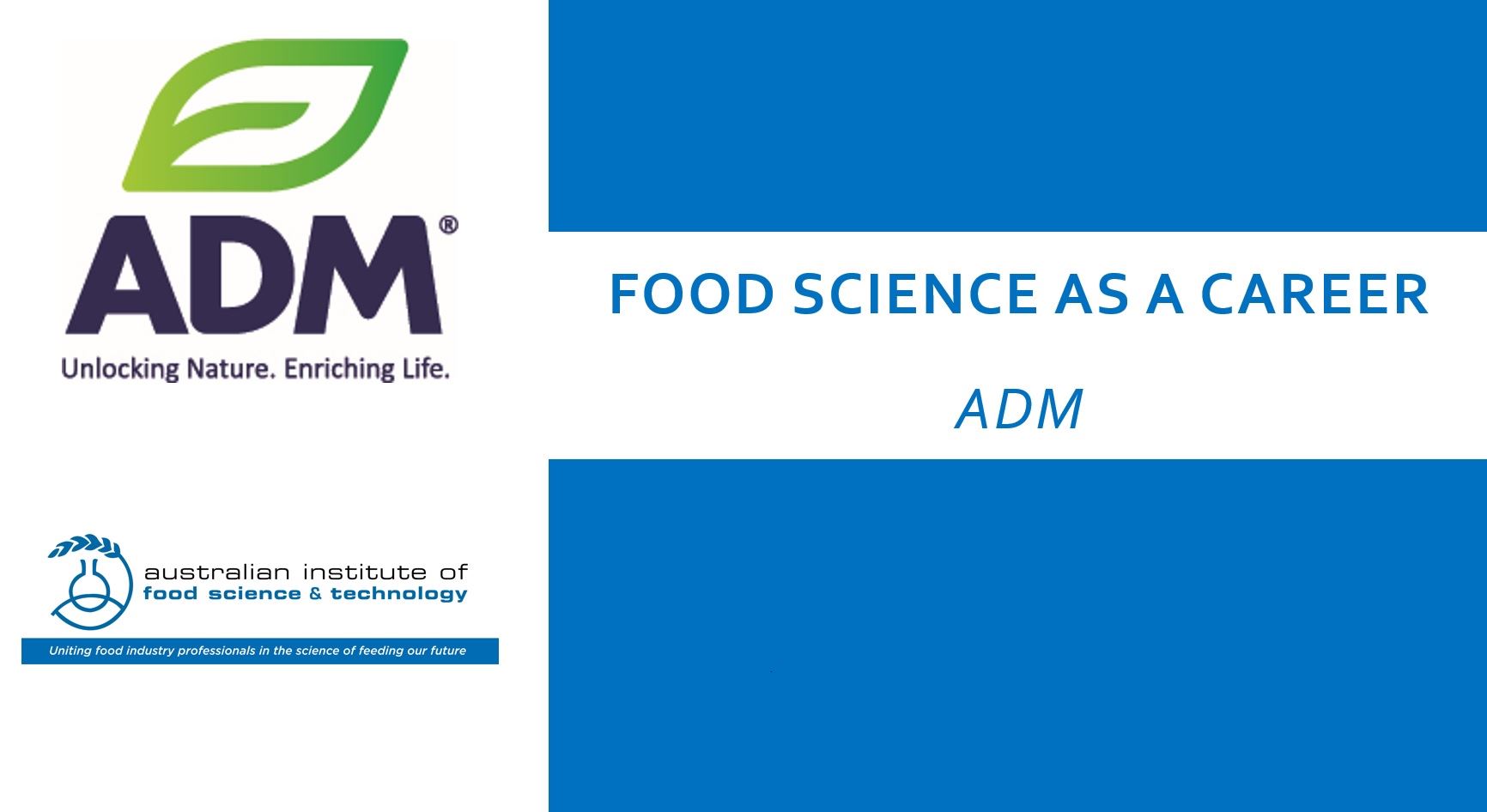Food Science & Technology as a Career
Who are food scientists and food technologists?Food scientists and food technologists are those who study, research, innovate and improve food products and processes to ensure safety, quality and nutritional adequacy are maintained in food products for a vast range of consumer needs. They are responsible for the safety and quality of products that thousands of people could eat every day. This is a big responsibility, especially with the increasing prevalence of specific dietary requirements. Food Technologists also source ingredients for products, as well as finding the best way to combine, process, store and preserve food in order to maintain taste and nutritional value. They typically specialise in fields such as research and development, quality assurance, processing and regulation. They research, develop and oversee the production of food stuff. They study the physical, chemical and biological properties of food and help to improve the products in any way, from the nutritional value to the shelf-life. They ensure food products are produced safely, legally and are of the claimed quality, ensuring that they comply with a range of different food regulations. They may also work on existing or newly discovered ingredients and technologies to develop new product formulations and concepts, as well as modifying foods to create, for example, fat-free products and ready to eat meals. They often work closely with the product development teams to help deliver factory-ready formulations based on trial samples produced in test kitchens. |
|
Created to mark International Day of Women and Girls in Science, these videos feature AIFST members from across Australia sharing one message for girls and young women considering a career in food science. While inspired by this global day of recognition, their insights on creativity, impact and opportunity speak to anyone considering a career in food science and technology. |
Where can a career in food science and technology lead you?
|
Food science as a career
Want to hear first hand from people working in the many and varied fields of food science and technology?
Click on each of the images below to watch these short videos.
Food technology as a platform to other career opportunitiesA Food Technologist's initial formal training can be in engineering, biological, chemical and physical sciences. They practice in a broad spectrum of private sector, academia and public sector pursuits. Often the initial technical training is enhanced with greater accumulation of knowledge, applications, experience, and development of business and interpersonal skills. Careers that started in Food Technology may often diverge as influences from the workplace and opportunities arise. This generally leads to added challenges and responsibilities, usually accompanied by greater recognition and remuneration. There are many examples of Food Technologists promoted through to senior management or business leadership in large corporations. Food Technologists have also realised opportunities to start and successfully run their own businesses. Similarly, there are many examples of Food Technologists successfully making the crossover from Public Sector to Private sector. In summary, Food Technologists have a wide range of opportunities to grow and change their career prospects. |
















.jpg)